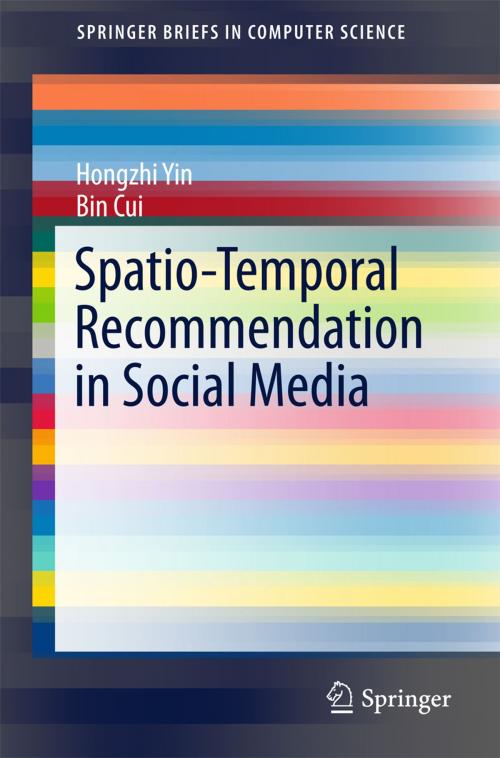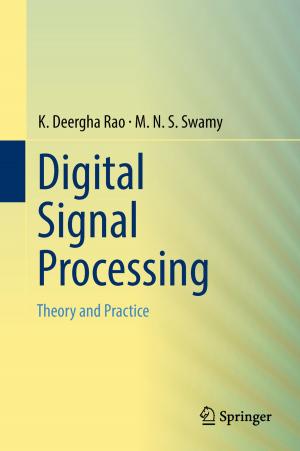Spatio-Temporal Recommendation in Social Media
Nonfiction, Computers, Database Management, Information Storage & Retrievel, General Computing| Author: | Hongzhi Yin, Bin Cui | ISBN: | 9789811007484 |
| Publisher: | Springer Singapore | Publication: | May 19, 2016 |
| Imprint: | Springer | Language: | English |
| Author: | Hongzhi Yin, Bin Cui |
| ISBN: | 9789811007484 |
| Publisher: | Springer Singapore |
| Publication: | May 19, 2016 |
| Imprint: | Springer |
| Language: | English |
This book covers the major fundamentals of and the latest research on next-generation spatio-temporal recommendation systems in social media. It begins by describing the emerging characteristics of social media in the era of mobile internet, and explores the limitations to be found in current recommender techniques. The book subsequently presents a series of latent-class user models to simulate users’ behaviors in decision-making processes, which effectively overcome the challenges arising from temporal dynamics of users’ behaviors, user interest drift over geographical regions, data sparsity and cold start. Based on these well designed user models, the book develops effective multi-dimensional index structures such as Metric-Tree, and proposes efficient top-k retrieval algorithms to accelerate the process of online recommendation and support real-time recommendation. In addition, it offers methodologies and techniques for evaluating both the effectiveness and efficiency of spatio-temporal recommendation systems in social media. The book will appeal to a broad readership, from researchers and developers to undergraduate and graduate students.
This book covers the major fundamentals of and the latest research on next-generation spatio-temporal recommendation systems in social media. It begins by describing the emerging characteristics of social media in the era of mobile internet, and explores the limitations to be found in current recommender techniques. The book subsequently presents a series of latent-class user models to simulate users’ behaviors in decision-making processes, which effectively overcome the challenges arising from temporal dynamics of users’ behaviors, user interest drift over geographical regions, data sparsity and cold start. Based on these well designed user models, the book develops effective multi-dimensional index structures such as Metric-Tree, and proposes efficient top-k retrieval algorithms to accelerate the process of online recommendation and support real-time recommendation. In addition, it offers methodologies and techniques for evaluating both the effectiveness and efficiency of spatio-temporal recommendation systems in social media. The book will appeal to a broad readership, from researchers and developers to undergraduate and graduate students.















